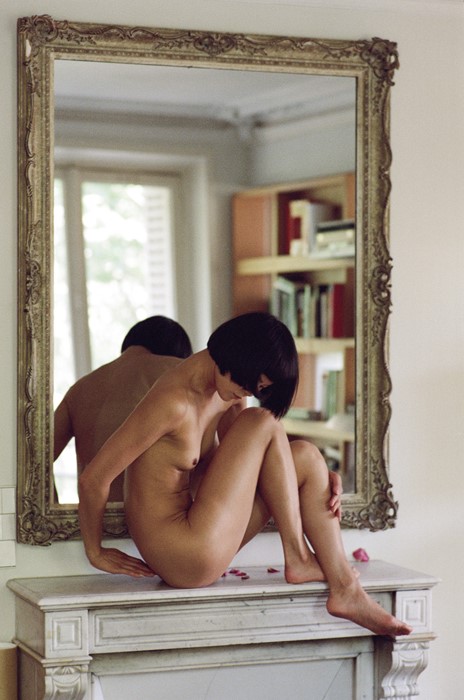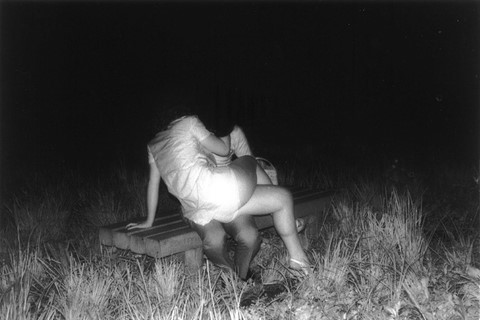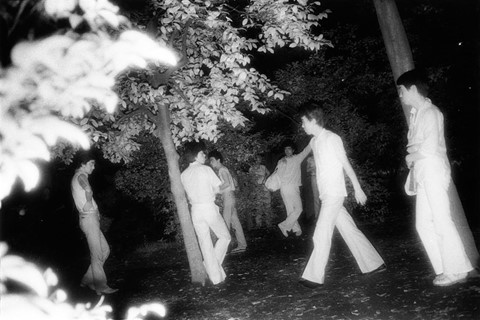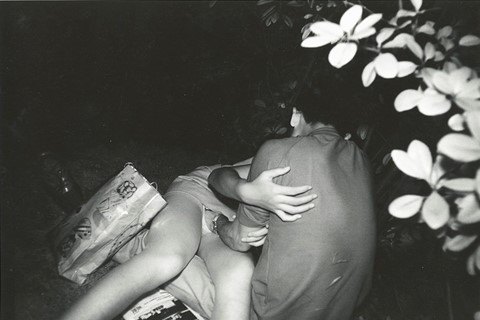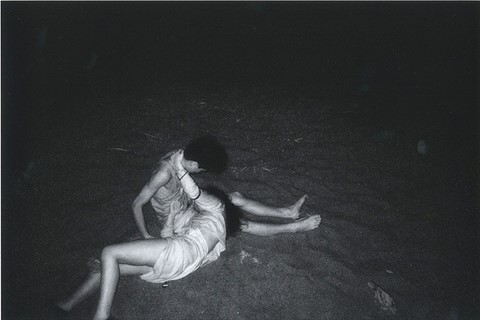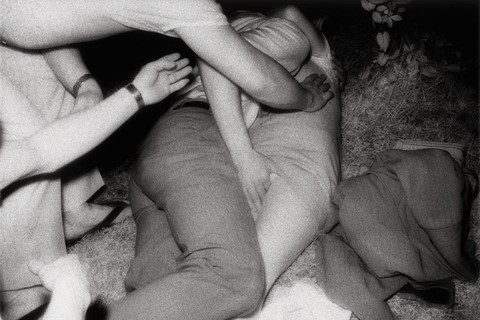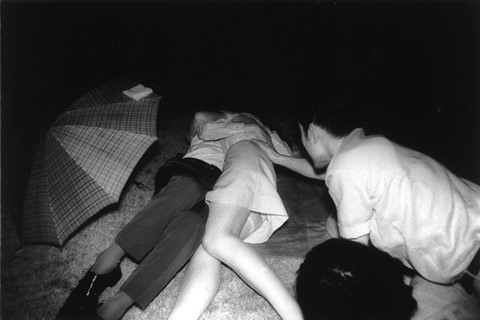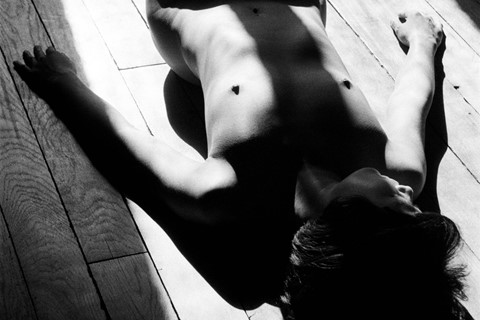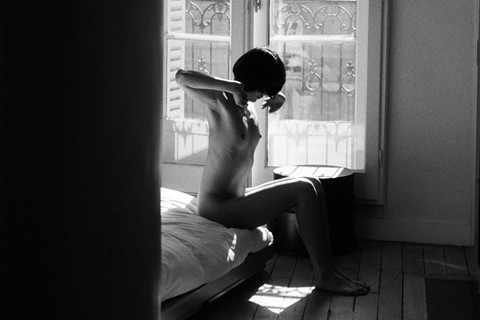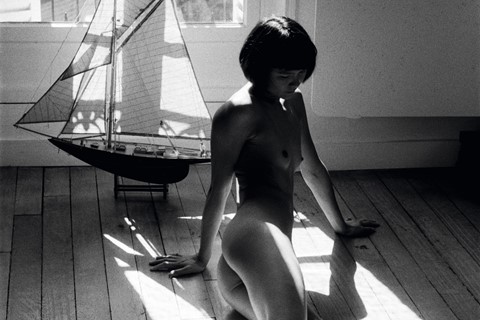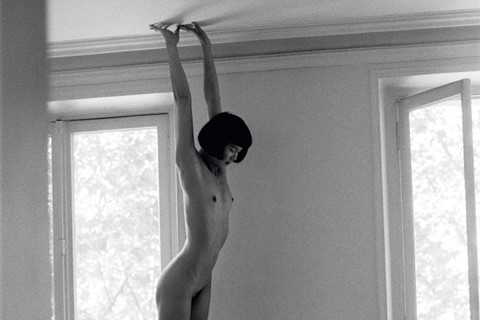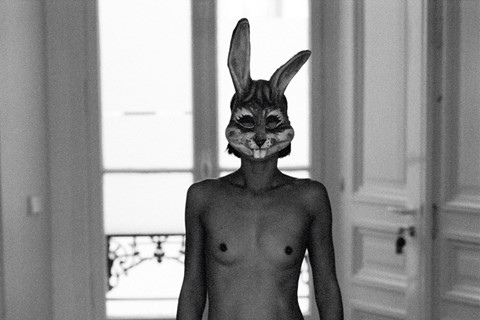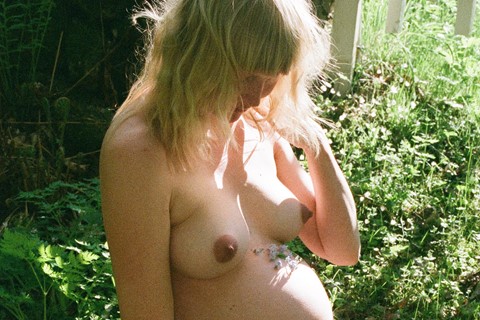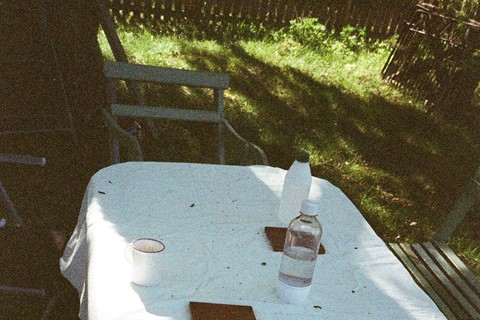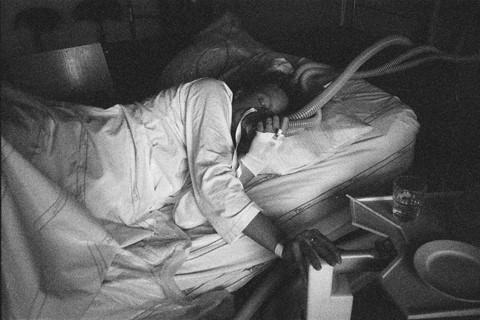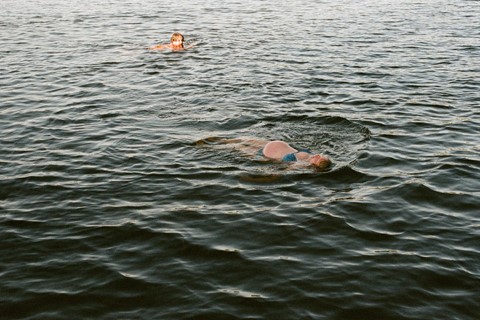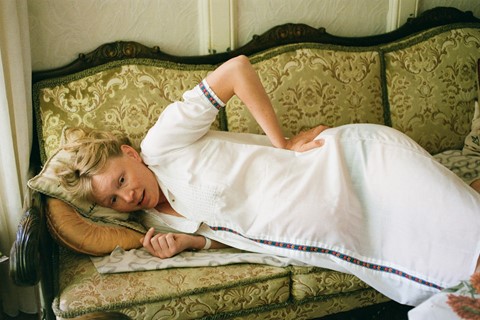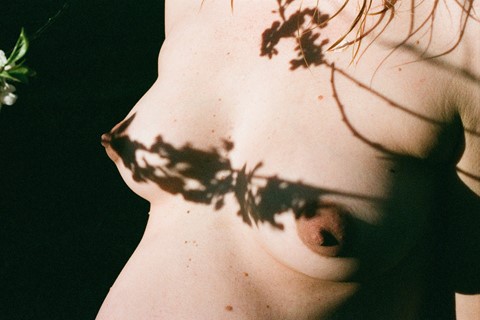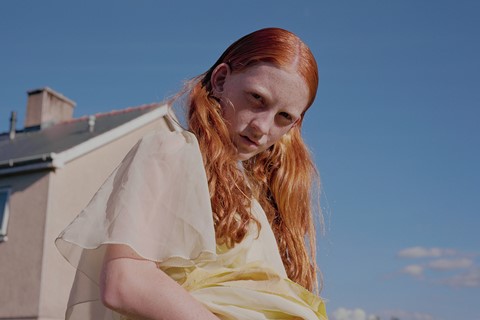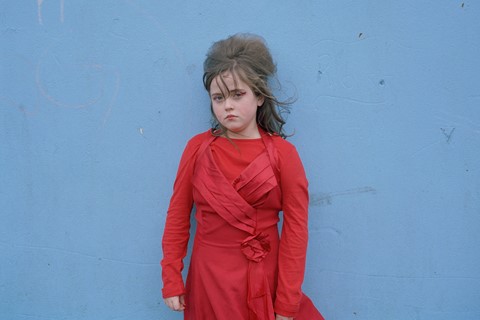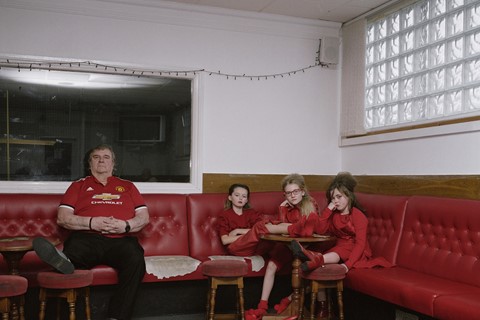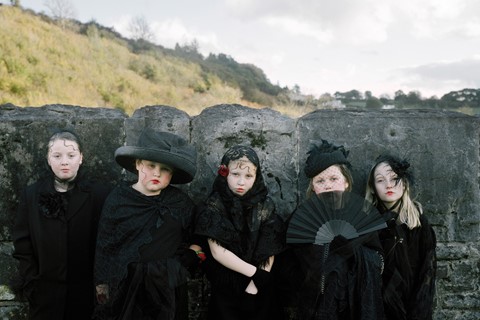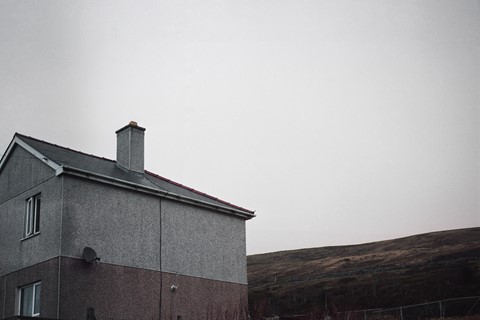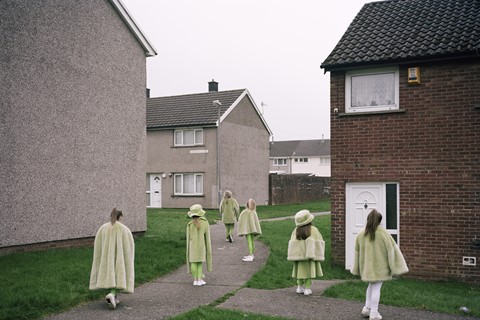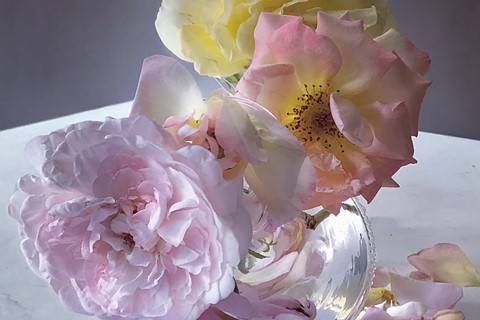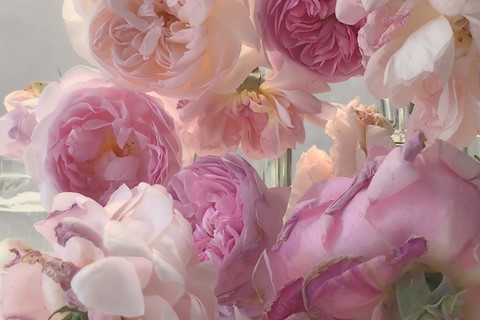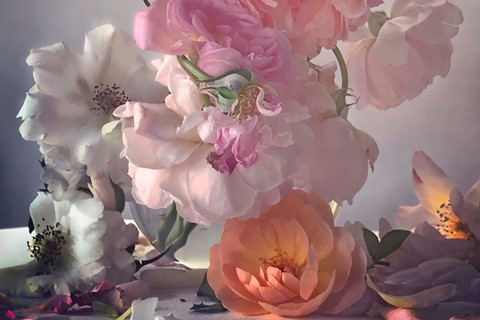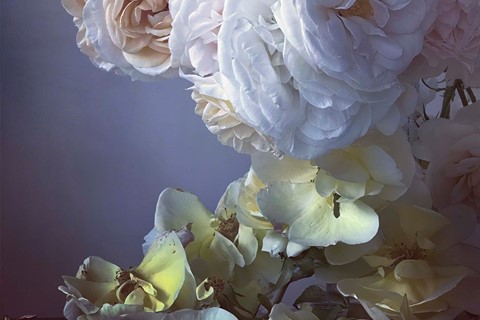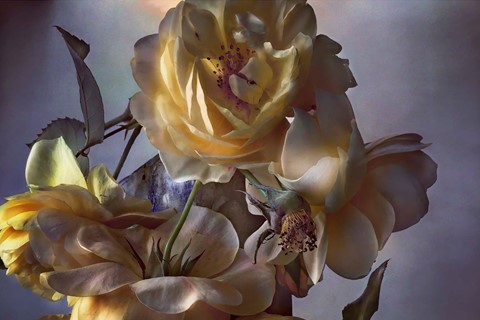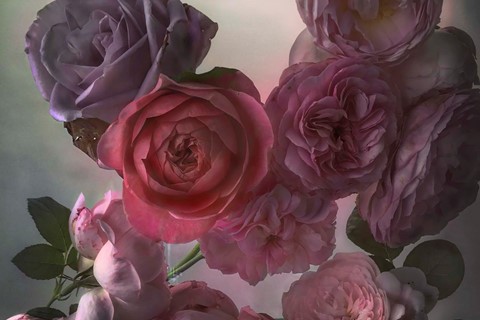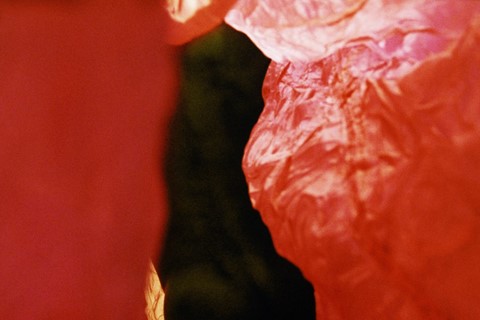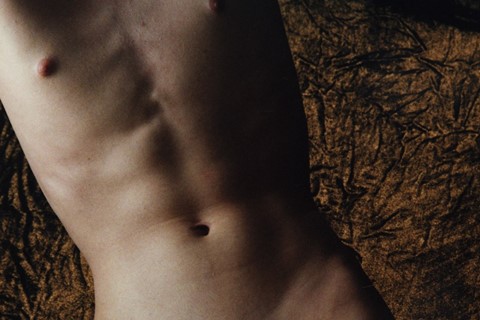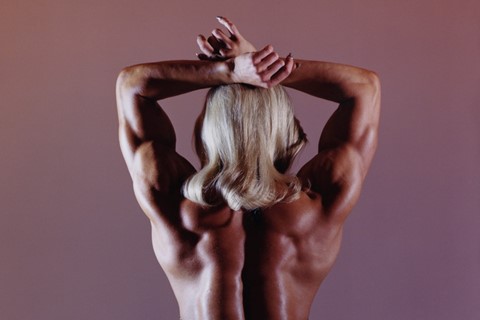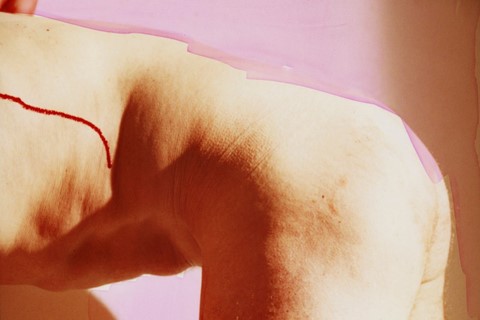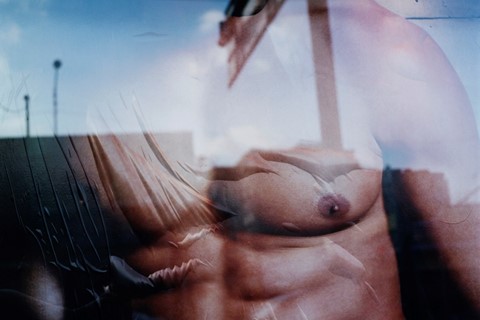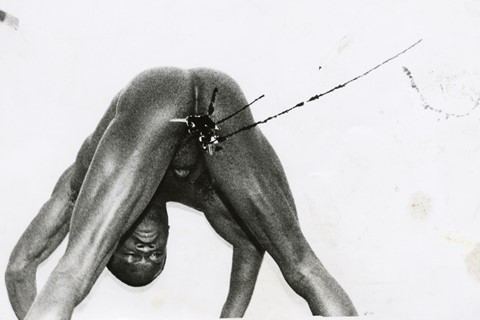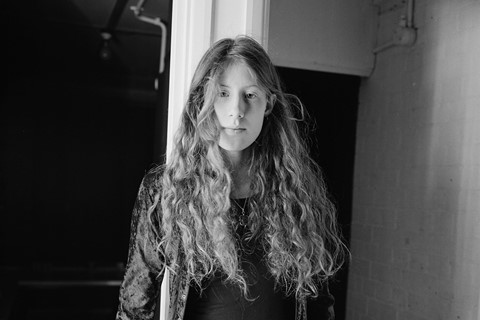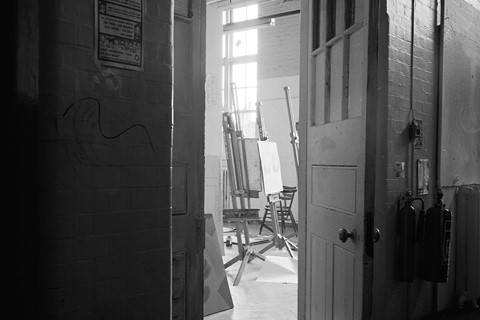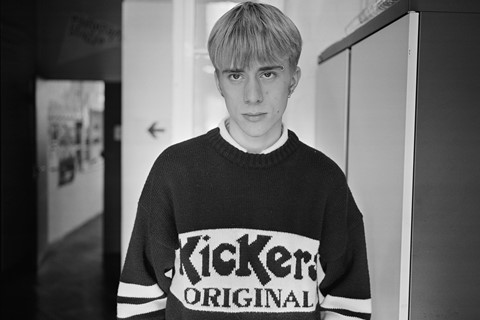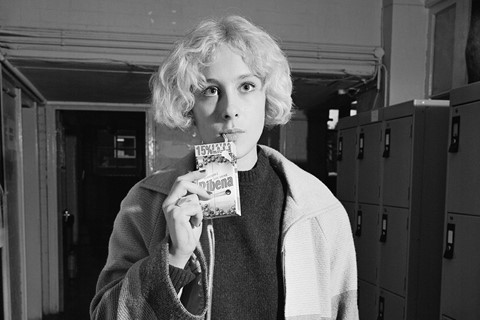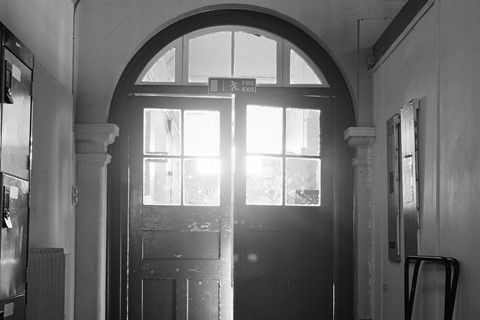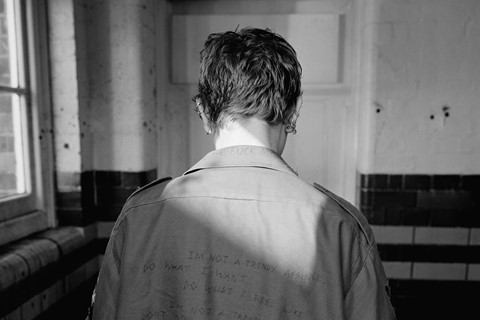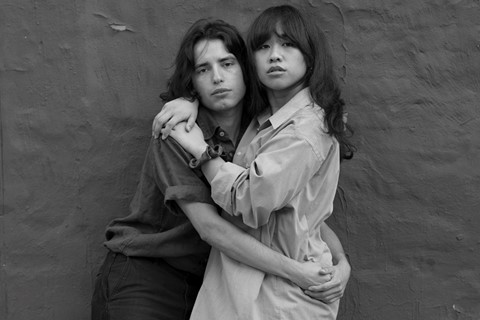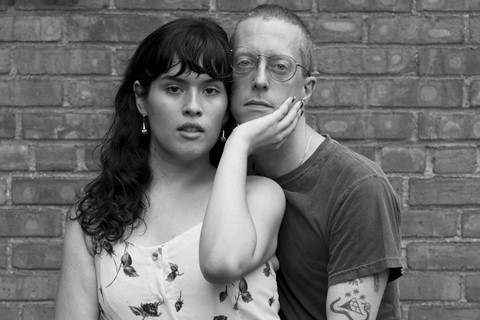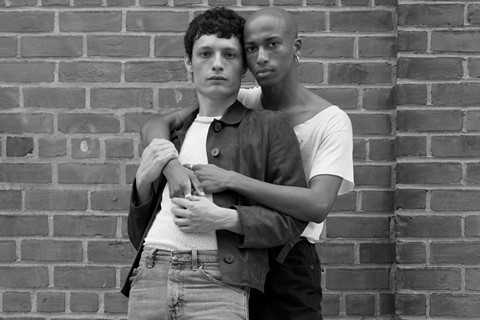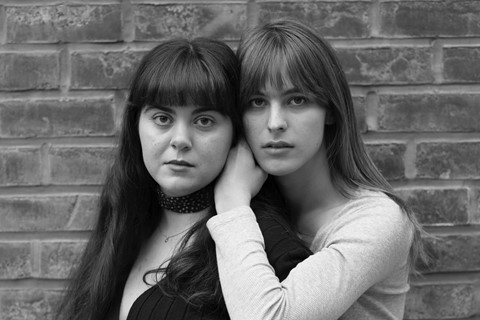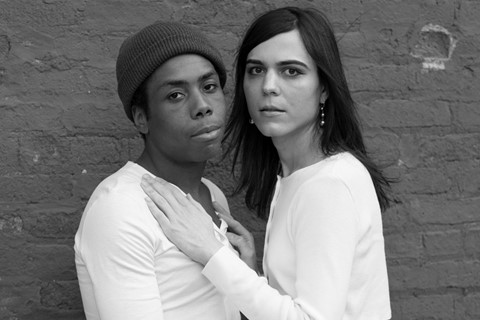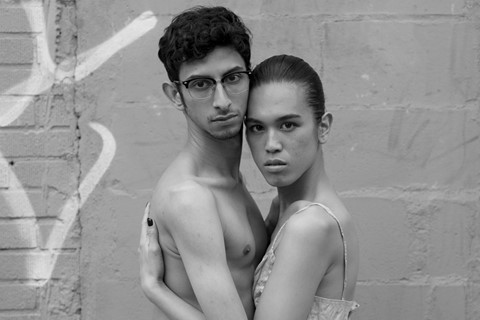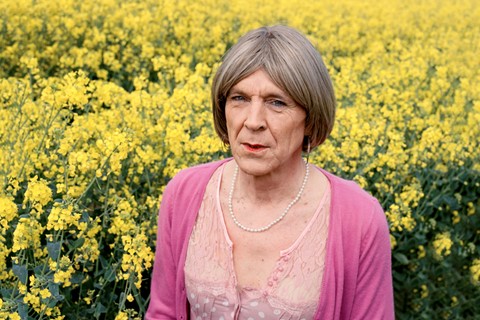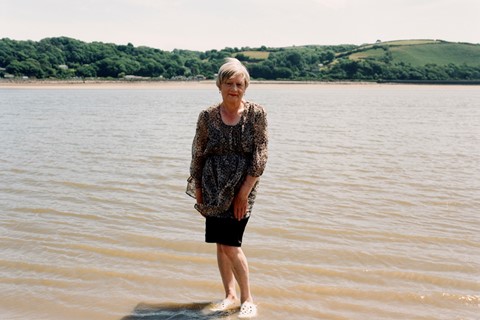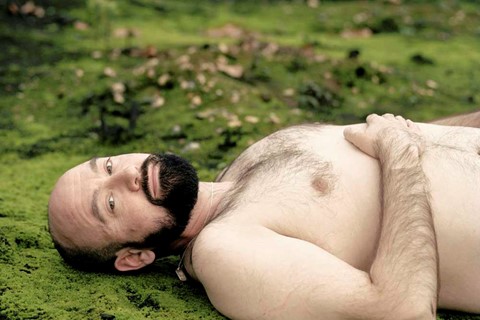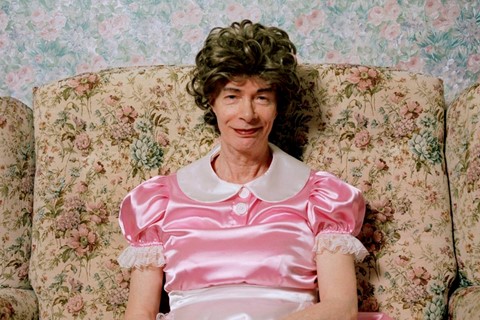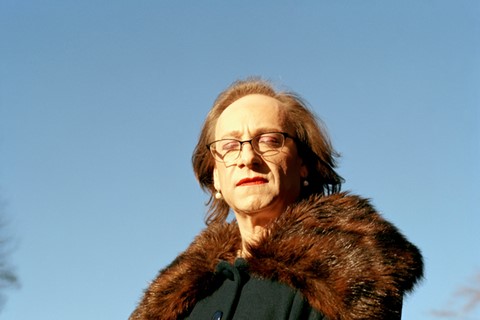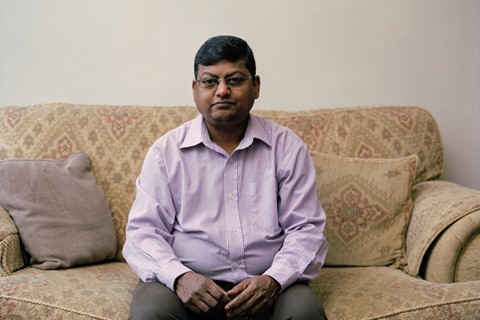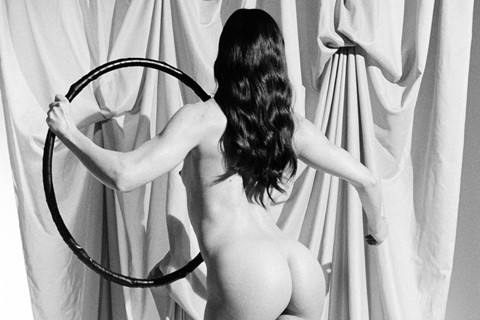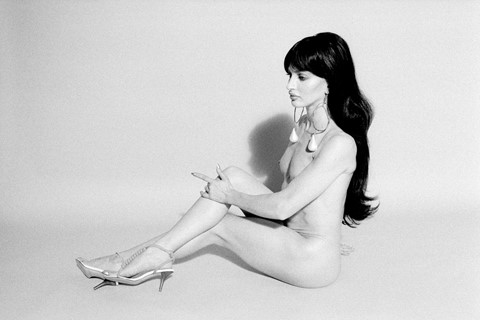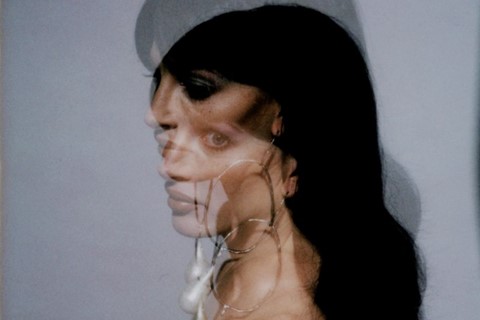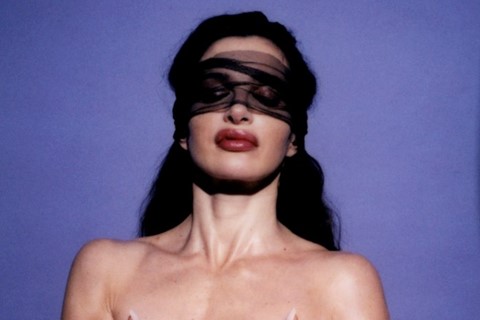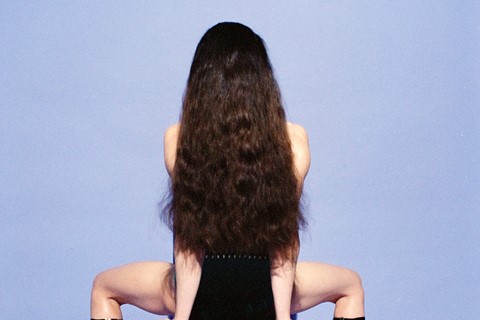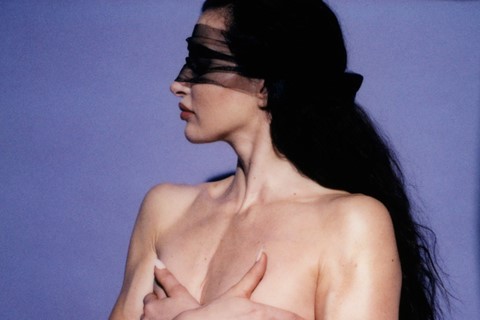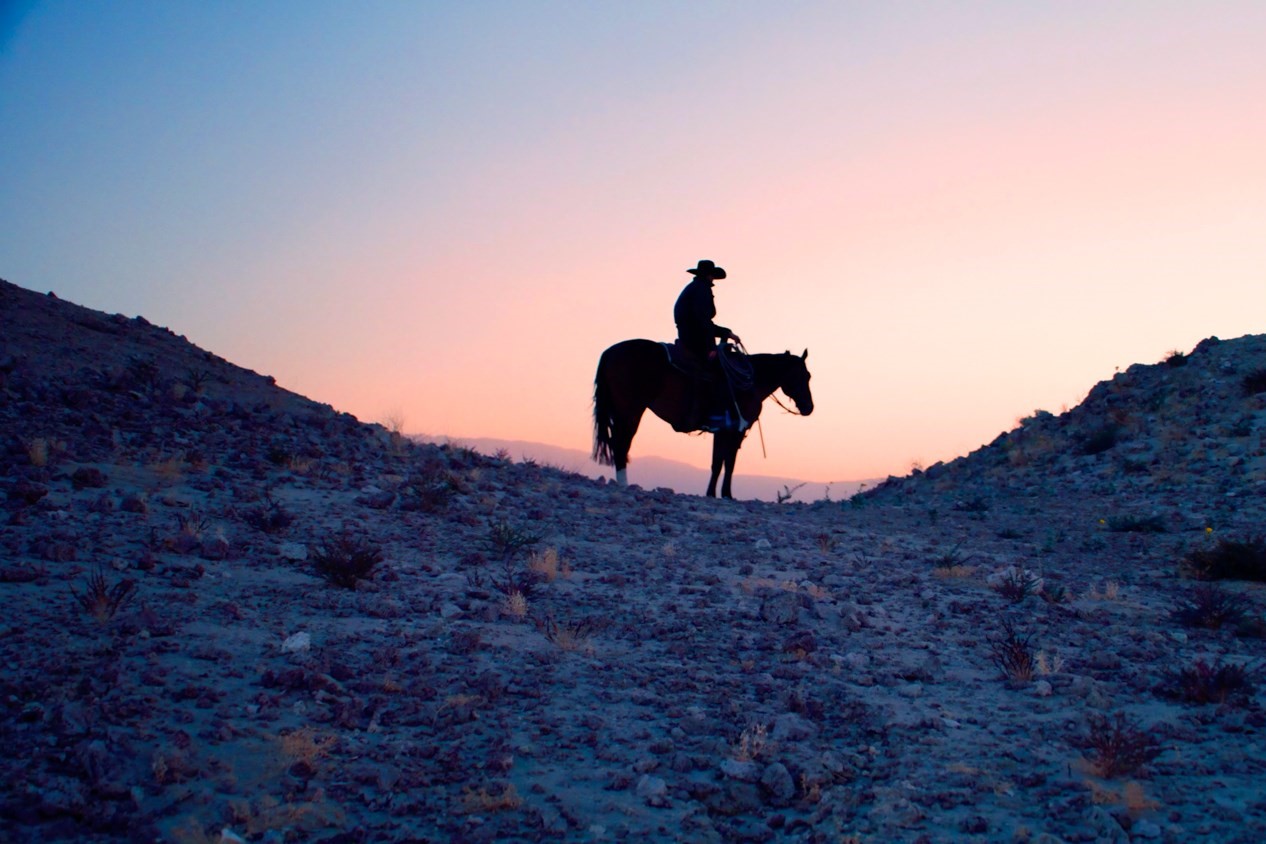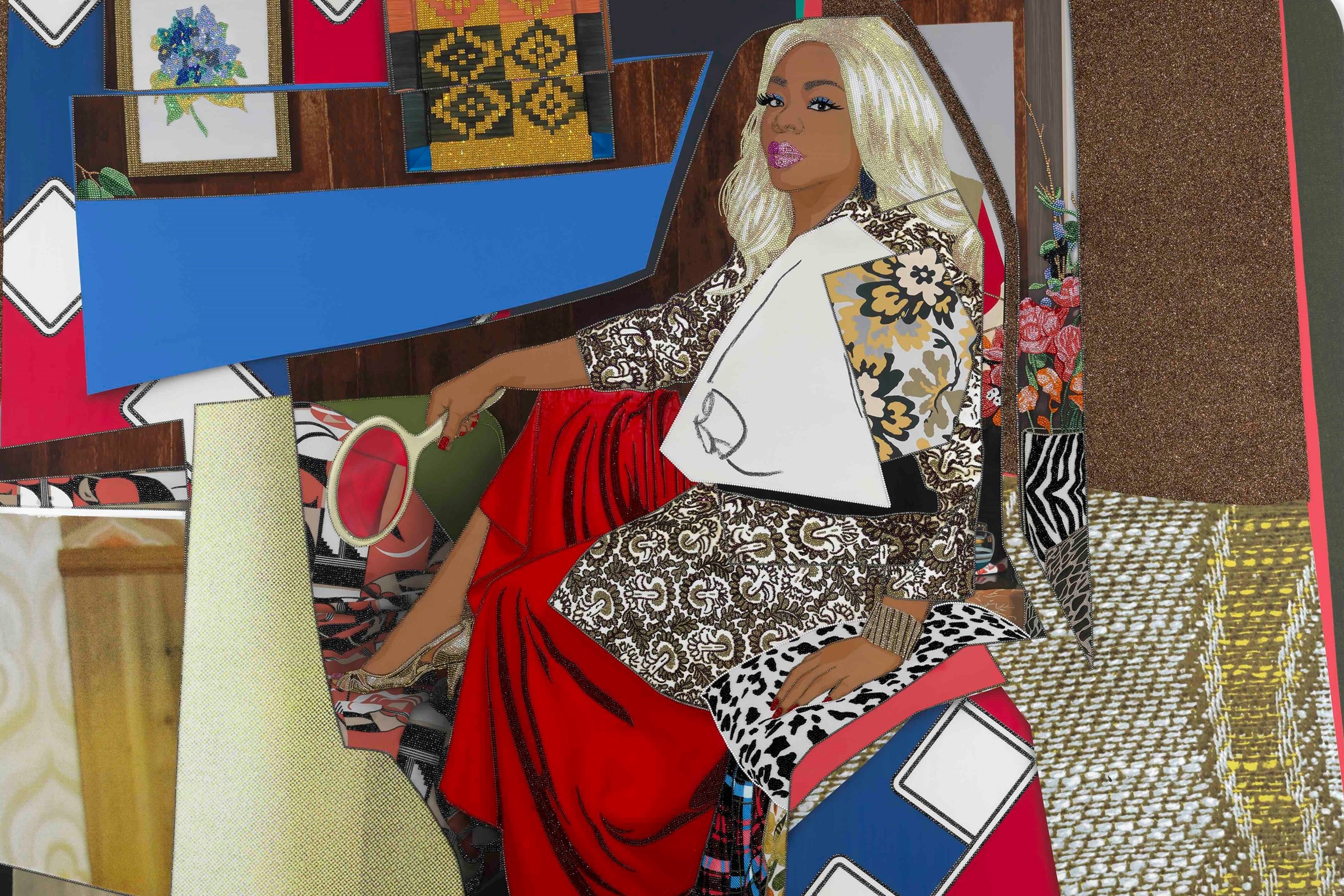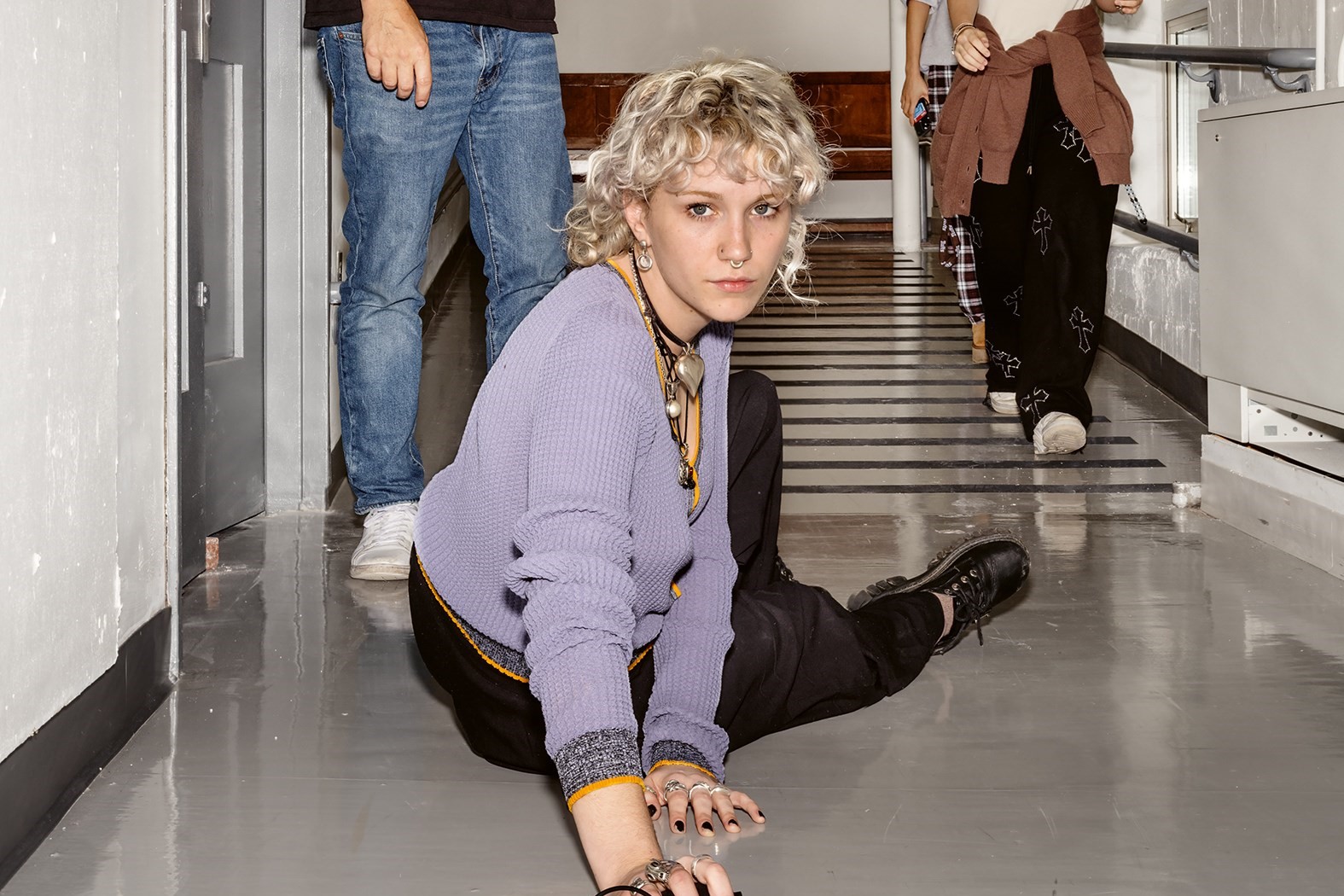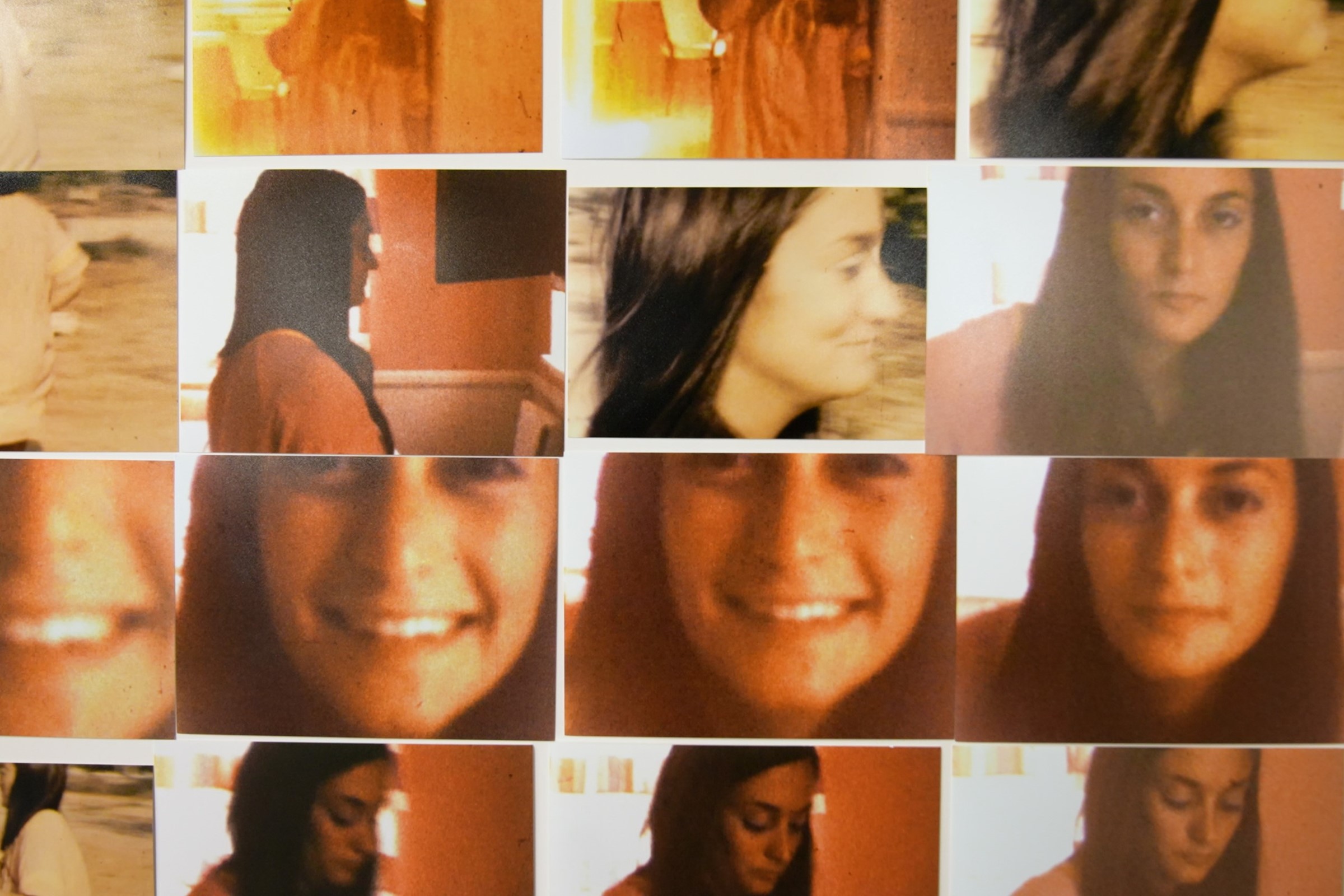From kids wearing fashion in the valleys of south Wales to Nick Knight’s beautiful study of roses from his garden
The Park by Kohei Yoshiyuki
In 1970s Tokyo, photographer Kohei Yoshiyuki took to the city’s public parks at night to voyeuristically document their after-dark activities. Captured with an infrared camera unbeknown to his subjects, Yoshiyuki’s series The Park exposed a flourishing urban underworld that scandalised the otherwise conservative Japanese society when it was exhibited in 1979. 40 years on, the series is just as compelling, strange, and slightly troubling. “I think I’m completely ordinary,” Yoshiyuki told Nobuyoshi Araki in 1980, “but I think there is a bit of lecher in everyone.”
Paris Nude by Mary McCartney
In her series Paris Nude, Mary McCartney captured the New York-born comedian Phyllis Wang at her home in Paris’ Saint Germain. “In the pictures you can tell how liberating the experience is for Phyllis, almost like a cleansing,” the photographer told AnOther earlier this year, having sought out to document the female form in a domestic setting, “in its simplest, most authentic state”.
11 by Lina Scheynius
11, a captivating series of photographs by Swedish photographer Lina Scheynius, captures the pregnancy and birth of her best friend’s child in beautiful and unflinching style. The dreamy, diaristic images capture the ever-changing nature of pregnancy: in some, her friend Amanda is shown amid sunny natural landscapes, in others, she is contorted with pain. “I didn’t know just how emotional it was going to be,” Scheynius of the moment the baby, Ruby, was born. “When she came out, I hadn’t slept at all for 36 hours, but I still had so much energy; I felt wide awake and alive.”
It’s Called Ffasiwn by Clémentine Schneidermann and Charlotte James
For the past four years photographer Clémentine Schneidermann and creative director Charlotte James have visited the valleys of south Wales, taking part in workshops whereby local children can learn about styling and various skills relating to fashion, such as customising clothes. Schneidermann then photographs the participants in their creations; the resulting series, It’s Called Ffasiwn, sees the colourful outfits set against the sometimes bleak surroundings of the once-industrial heartland, to surreal and striking effect.
Roses by Nick Knight
“Nick Knight creates, arguably, some of the most beautiful images of flowers in contemporary art,” wrote AnOther’s Alexander Fury of the photographer’s series Roses. Comprising photographs of the titular flower taken with his iPhone, the resulting images are then AI-augmented – a programme trawls millions of images of roses to fill in the gaps and increase the resolution – resulting in ethereal still-lifes akin to those painted by Dutch Masters. “Normally I am very excited to work with people, in a team, but these are just solitary studies for me,” Knight says. “I try to do it every weekend. It’s meditative.”
FATHER by Harley Weir
Harley Weir’s FATHER – taken from an IDEA-published book of the same name – is an exploration and worship of the male body, across portraits, nudes, still lifes, colour-washed prints and full-body monograms in the photographers’ surreal, disorientating style. The series is an intriguing study of desire: “It’s hard to know what you fully desire as a woman when almost everything sexual you have seen was made by a man. I always wanted to make the kind of things that I found sexy so I could feel that desire was mine too,” Weir says, in a conversation with IDEA’s David Owen.
School of Art by Matthew Finn
“It was a pivotal moment in history,” says photographer Matthew Finn of the year 1997, the year in which his series School of Art was photographed. Capturing a class of 17- and 18-year-olds at the West Herts College School of Art in Watford, the beautiful portraits capture the spirit of youth at the moment when society was on the turn (1997 was the year Tony Blair, and New Labour, took power after an 18-year Tory rule). “In 1997 the future looked bright and exciting,” Finn says of the nostalgic images. “In 2019, it feels dystopian.”
New York Couples by Ethan James Green
American photographer Ethan James Green rose to prominence with powerful black-and-white portraits of his contemporaries in New York, many of whom belong to the city’s LGBTQ community (his first monograph, which collected these photographs, was titled Young New York). In November this year – having focused on fashion photography in the intervening years – he returned to this personal subject matter for a series of arresting images of New York-based couples in his signature style for an exhibition at London’s National Gallery. “[It’s] like chapter two of Young New York,” Green says. “They are all people I have remained close to after the book.”
Hen by Bex Day
“It was clear to me that there is nowhere near enough recognition of the older transgender community’s stories or histories,” photographer Bex Day told AnOther of her series Hen, which comprises portraits of the UK’s older transgender and non-binary communities (‘hen’ is a Swedish gender-neutral pronoun, added to the country’s official dictionary in 2015). With an insistence on telling the stories of a previously little-documented community – the accompanying exhibition coincided with Trans Visibility Day – each of Day’s captivating images was paired with an autobiographical text by its subject.
Body by Camille Vivier
French photographer Camille Vivier has long placed the female body at the centre of her work for an arresting – and occasionally surreal – depiction of beauty in its many forms. Earlier this year in Berlin, she revealed Body, a series of staged portraits of female bodybuilder Sophie, who adopts various guises in the transfixing images. “I was not only fascinated by her powerful, sculptural body but I was also drawn to her face which is sweet, feminine and tender,” Vivier told AnOther. “I felt that Sophie had a lot to say through her bodybuilding practice – it is, or at the time was, a reconstruction of herself in both an allegorical and a physical sense.”
